
New Seniors Yoga Classes
Did you know that one of the ways the brain changes as we age is that there is decrease in connectivity between various parts of the brain, so learning, memory, mental flexibility and sleep can decline.
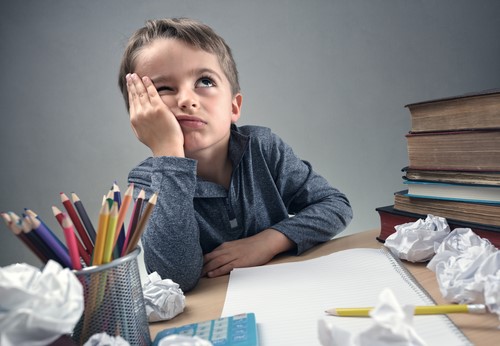
Help for children with ASD, ADHD and learning difficulties
The CAN DO Program – Children’s Autism and Neuro-Developmental Optimization Program
A lot has changed in twenty years. Back then, assessments could be undertaken for children who were experiencing problems with attention and learning or problems and/or with social interactions and sensory senstivities. Whilst various behaviour management strategies could be suggested for parents and teachers to implement, there was no treatment for the underlying issues. Yet these children can suffer enormously – they have problems with self-esteem, often being ridiculed by their peers or coming to the conclusion that they are ‘dumb’ despite having significant strengths.

Too Much Telling
We can sometimes wonder why our child is incommunicative or resistant to our directions or at worst throws a tantrum and embarrasses us in public!

Adapting to Change
At this point in time with the coronavirus pandemic in full swing across the world, we are faced with challenges to our ability to remain positive. When we are faced with changes from our normal or expected situation, some people will be able to adapt to the change and continue to function positively, whereas others will struggle.
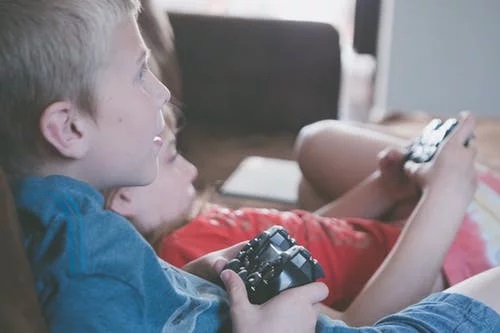
What will you be doing with your kids?
With families requiring to self-isolate in coming weeks and months, we will have the task of providing interesting ways of occupying our children. Whilst there are many good sites on the internet, we need to be aware that too much reliance on these sources may come at a cost. A recently published study* investigated the effect of screen-based media use on the brains of young children.
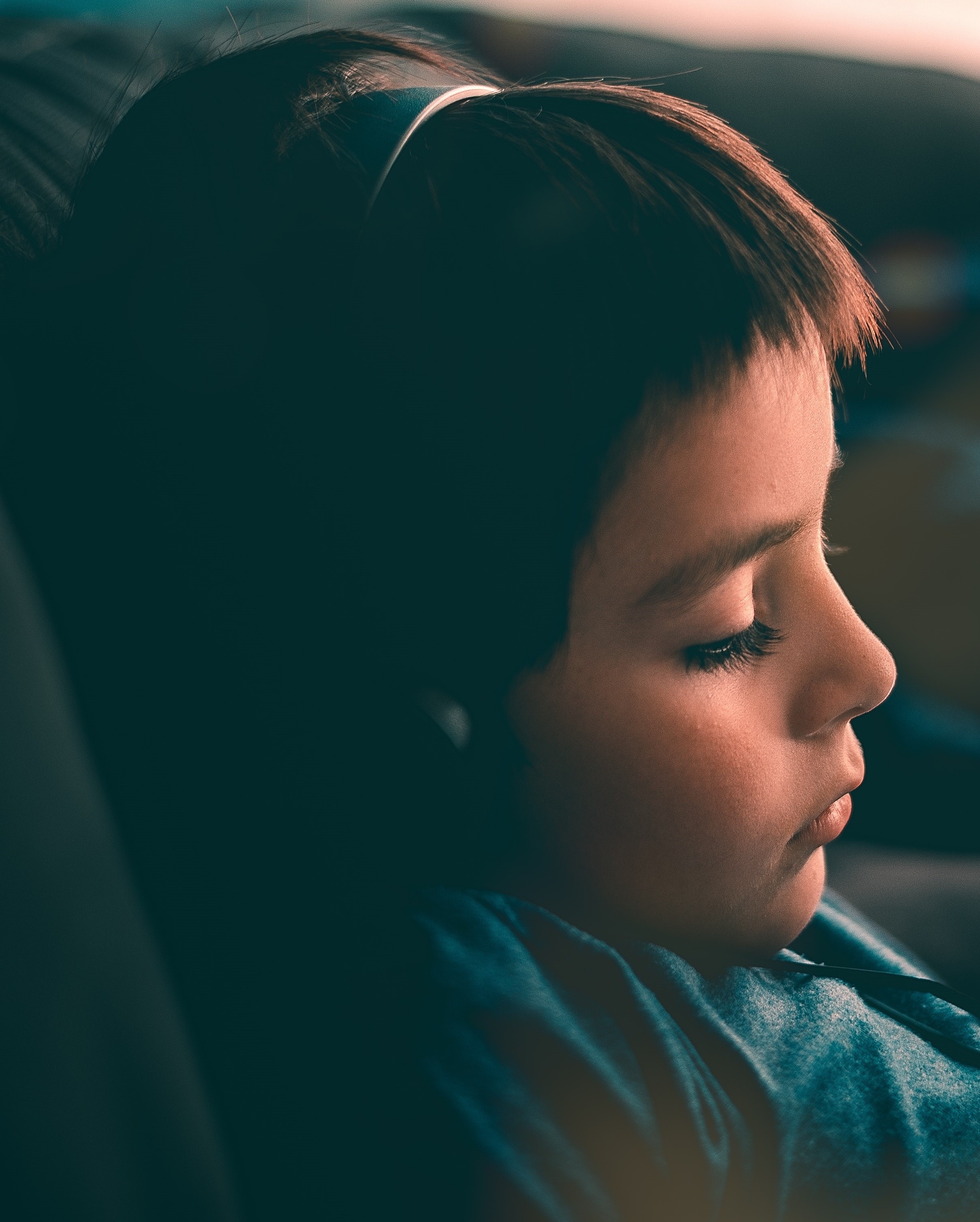
Brain Music
Last week, a participant in a Pain Management Group I run bounded into the room looking and feeling so much better. Asked why, he said, "Last week's session! The music is so helpful." He was referring to music which aims to restore rhythms in the brain's Default Mode Network (DMN) to normal. This music is freely available on YouTube.
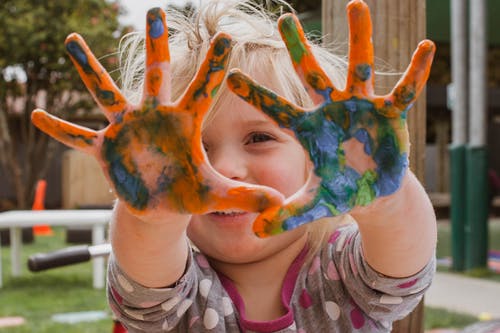
Letting Children be Children
In his book Parenting for Everyone Vijayadev Yogendra says, “A child needs time to be a child; he or she should not be made into a small adult. A child must have time to lose the immaturities of childhood.” We know that there are many pressures on families that can push the child into premature independence, but an interesting factor is what has been termed the ‘parent expectation gap’. This comes about when we over-estimate what children are capable of at a particular age.
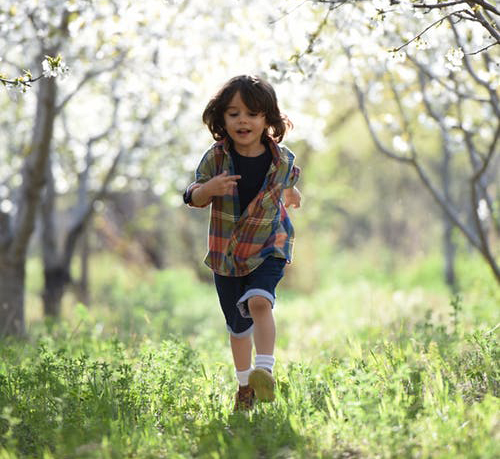
How to Help Children Become Adaptable
Recently concerns have been expressed about some unintended consequences of the idea of resilience. Many people who have poor self-esteem and/or alternatively high expectations of themselves might needlessly suffer because they see themselves as not having the necessary resilience to cope and will try to just 'tough it out'. Adaptability gives more scope for alternatives.

The Importance of Teaching Children to Think!
Recently I have been reading a very interesting book called Factfulness, by Hans Rosling, Professor of Global Health. The byline – Ten Reasons We’re Wrong About the World and Why Things are Better than You Think – describes in a nutshell what the book is about. In it, Professor Rosling explains how everyone, from factory workers to university professors, United Nations officials, world bankers and aid agency workers, consistently view the world as a worse place than it is.

Protective Factors in Children's Mental Health - Part 3
The fourth factor I want to talk about here is something Vijay Yogendra called Innateness. Vijay felt that “Each child comes with a gift, and it is up to us (parents and teachers) to unwrap it!”
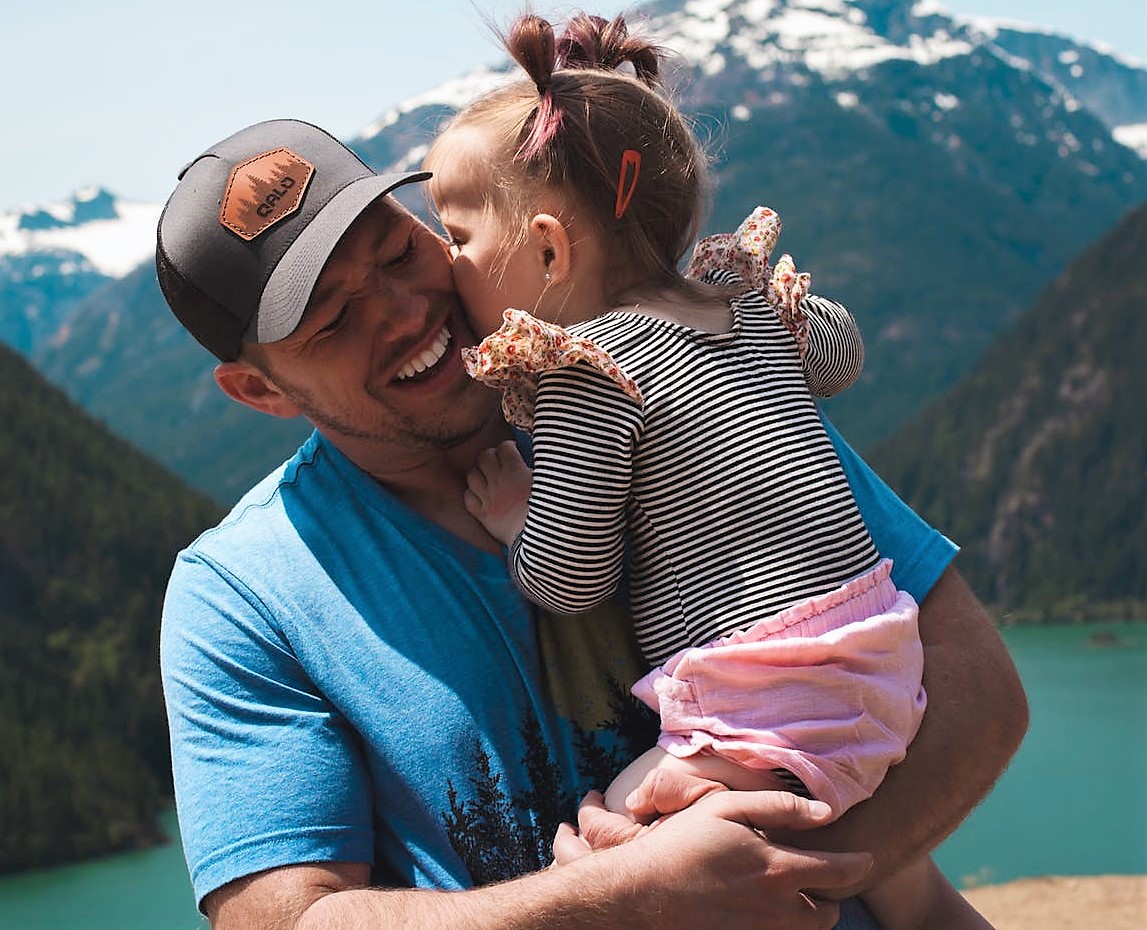
Protective Factors for Children's Mental Health - Part 2
The second factor important in helping children to have good mental health is the quality of our relationship with them. The special bond we have with our children works to our advantage and to our disadvantage at times. Our physical and emotional habits, our mannerisms, our preferences in food and fashion are all absorbed by the child as are our fears, worries, moods and crankiness. Children will copy our negative tendencies with the same ease as they do our good qualities. And this is all without words!

Protective Factors for Children's Mental Health - Part 1
Many parents of young children want to know how they can prevent their young ones from developing mental illness. We feel that there are five factors that can protect them against the onset of anxiety, depression or poor self-esteem in childhood or adolescence.

Are Your Children Adequately Nourished?
In our book The Focused Child, Chapter 10 deals with some aspects of nutrition and children’s well-being. The following article updates some of that information with new work that has been done on the importance of good nutrition for mental well-being.
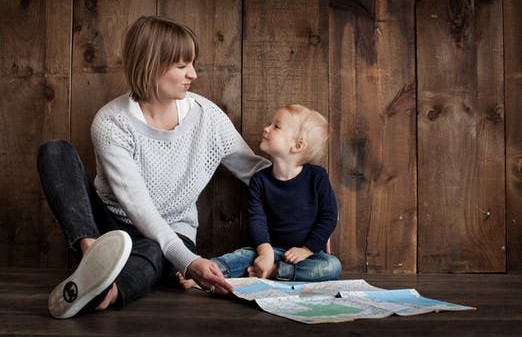
The Influential Parent
It struck me the other day that we talk about influential politicians, business people, and others who are trend setters but I was thinking how this word applies to parents! Children are not a direct expression of us – of our particular child-rearing philosophy, our strengths or weaknesses, what we think we have done right or wrong along the way of raising our children. The closest thing I think we can get to really is having an influence on them.

Self-Control
I was seeing someone the other day and we were talking about observing her thinking. She told me she avoided this because she was frightened - imagine what it would be like to be scared of your own mind. However, I don’t think she is the only one - many people dislike introspection, or looking at what their minds are doing, but this I think is largely their thoughts often seem to be out of control.
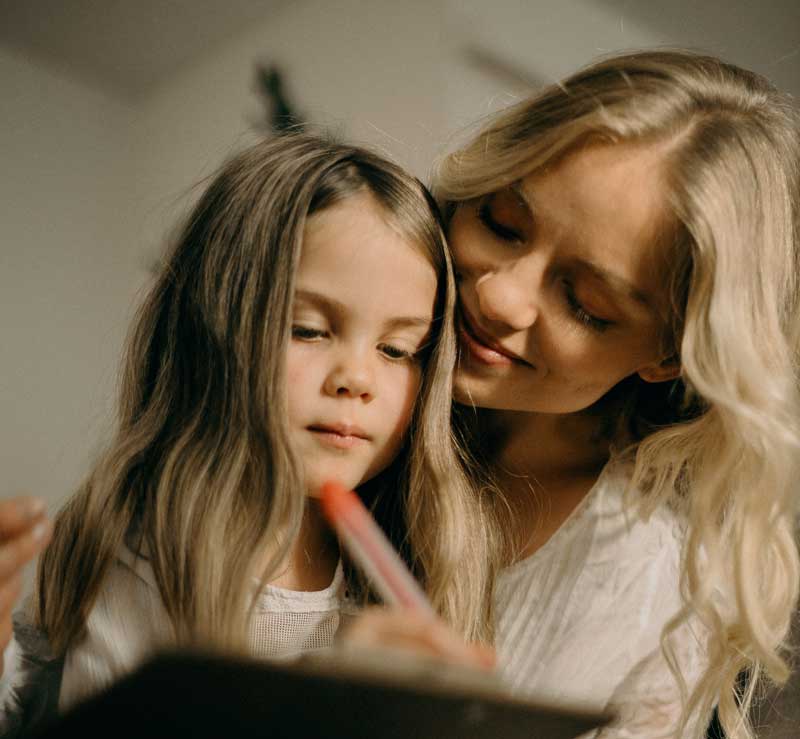
Preventing Anxiety in Children
Anxiety in children has been in the news a lot lately, so we thought we would share some thoughts on what can prevent anxiety in childhood. Having solid self-esteem is a subtle but powerful factor that can give children a buffer against fear and anxiety. Many qualities contribute to self-esteem and an unlikely one to be chosen is the experience of quietness. You might well ask: How does being quiet contribute to a good self-esteem and the ability to relax?

